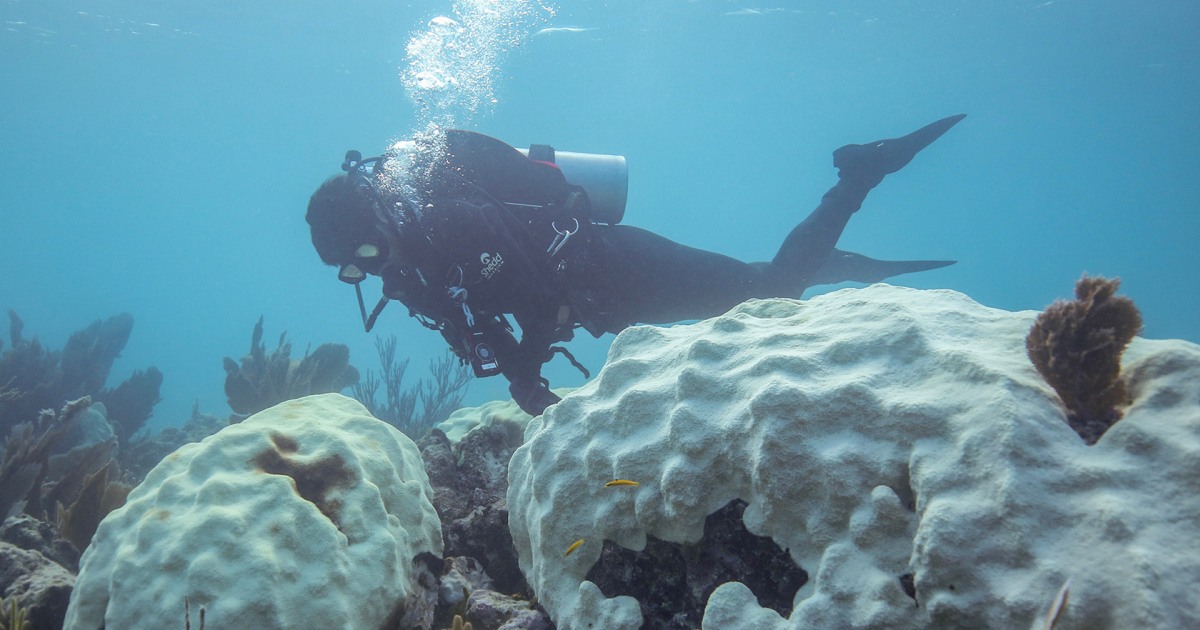
Two Florida coral species declared ‘functionally extinct’
Mydlarz added that no other Atlantic species grows as large or forms such an extensive lattice.
“These are the only ones that provide that real sort of 3D structure,” she said.
There are some pockets of coral survivors, including remnants to the north, near Miami and Broward County. However, the researchers think there’s little hope they will spur a comeback. Corals spawn by releasing eggs and sperm to mix in the water and settle, but ocean currents will prevent those reproductive cells from drifting south, Cunning said.
While this study focused on Florida, the 2023 heat wave has had a dramatic effect on elkhorn and staghorn corals across the Caribbean, outside researchers said.
Stacey Williams, the scientific director of ISER Caribe, a nonprofit research and education organization focused on coral restoration, said extreme temperatures killed nearly all of the elkhorn coral in southern Puerto Rico. Then, heat waves in 2024 devastated some northern colonies that had demonstrated more resilience. Her organization is focused on “biobanking coral species,” Williams said, by collecting living fragments.
In Florida, the 2023 heat wave erased decades of restoration projects for elkhorn and staghorn corals, including at sites where four years of intensive work had increased coral coverage by about four times.
The study says importing heat-tolerant corals from outside the state might be the only path forward.
In the future, Mydlarz said, scientists could consider editing corals’ genes to make them more heat resistant, but the idea would require more research and scrutiny.
The International Union for Conservation of Nature last week approved further exploration of whether gene-editing tools can be used to conserve wild animal populations — a fiercely debated topic because of its bioethical concerns.
“That’s on the table because anything is on the table,” Mydlarz said.
First Appeared on
Source link






